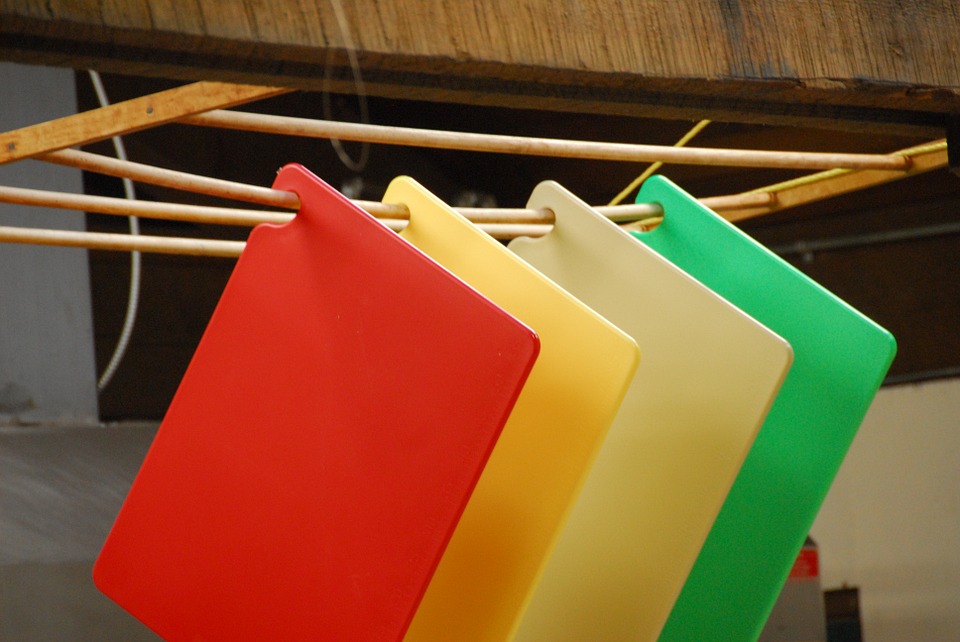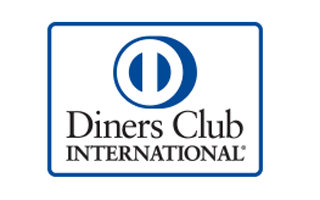Plastic Cutting Board or Wooden Cutting Board
Do you think your plastic cutting board is more hygienic than a wooden one? You're wrong. Plastic cutting boards, in fact, harbor much more bacteria than their wooden cousins. Wanna know why? Read on to find their drawbacks and advantages.
For a long time, it was believed that plastic chopping boards were more hygienic than traditional wood ones. The line of thought in determining that plastic was safer than wood had to do with the non-porous surface. An unbroken work surface would, in theory, be less likely to absorb liquids. Cross-contamination risk is thereby lessened as juices from meats had no means of lingering.
Plastic cutting boards are extremely popular today. They are dishwasher-safe making for an easier clean-up and are less expensive than wood. The intense cleaning and high-temperature washing will kill any traces of bacteria. Once a plastic cutting board is knife-scarred or has a broken surface, it becomes exceptionally difficult to clean even when subjected to vigorous means, like bleach treatment. The risk of contamination is especially great with older plastic chopping boards.
A controversial study from 1993 carried out by the University of Wisconsin found that bacteria multiply more readily on plastic as opposed to wood surfaces.
Wooden Chopping Boards
Pros: They have natural anti-bacterial properties and can last a really long time with proper maintenance.
Cons: It’s a porous substance, so bacteria can get drawn down into the wood. However, research has suggested that this drawn-down bacteria can die off quickly.
TOP TIP: Buy a tight-grained hardwood because it’s harder to make deep knife cuts.
Plastic Chopping Boards
Pros: Dishwasher friendly, which is easier to clean. They are less expensive and don’t absorb bacteria because they are nonporous.
Cons: Difficult to keep properly disinfected.
TOP TIP: Look for a plastic that is BPA free.
So, what it comes down to is that both boards have a potential to be equally germy, but there’s no need to be concerned if you make proper effort to clean them appropriately.
Reference:
<https://www.kitchenaid.com.au/blog/wooden-vs-plastic-chopping-board-which-best-0>
<http://www.foodsafety.company/2017/02/plastic-vs-wood-chopping-boards.html>
Search
Categories
Popular Posts



















Comments: 0
No comments